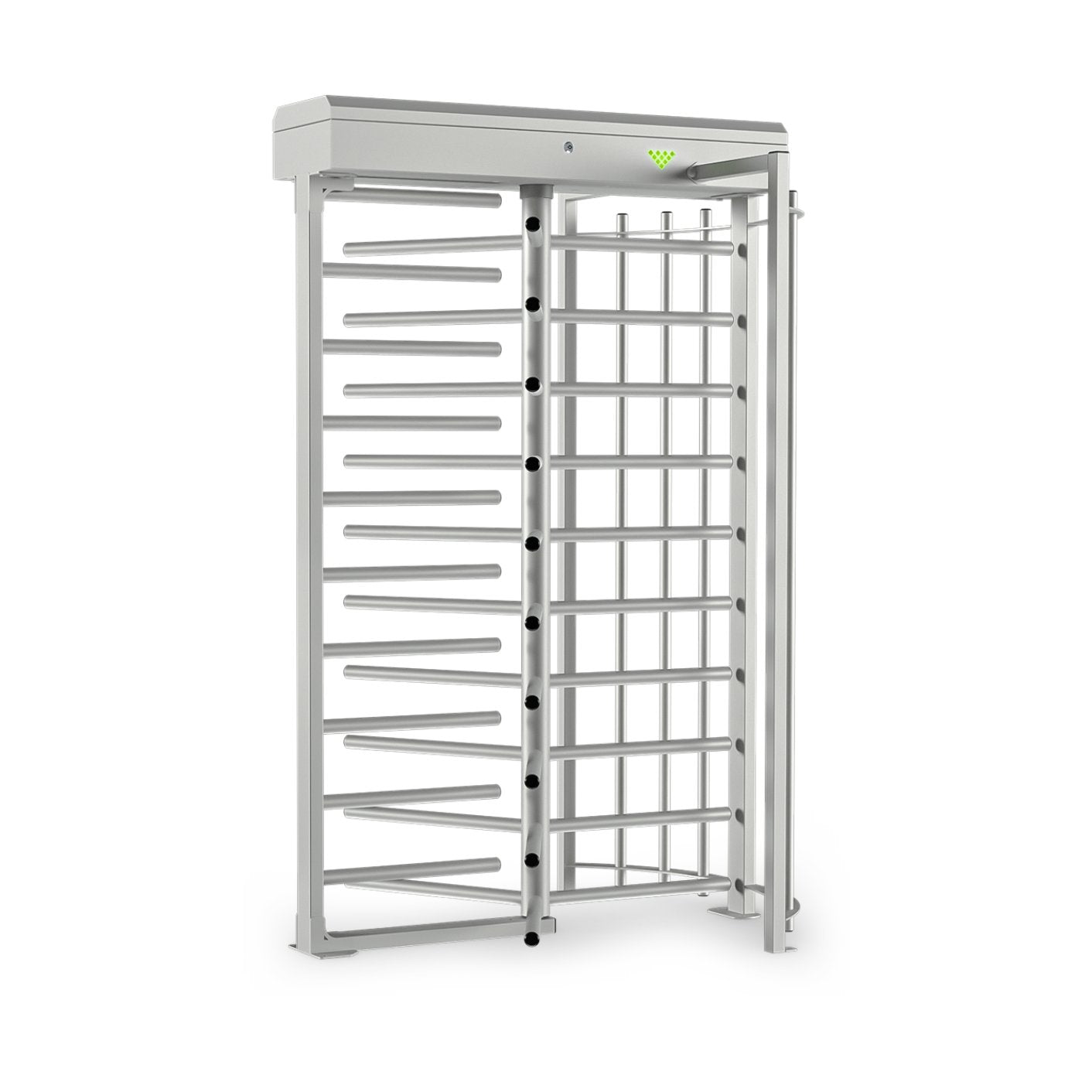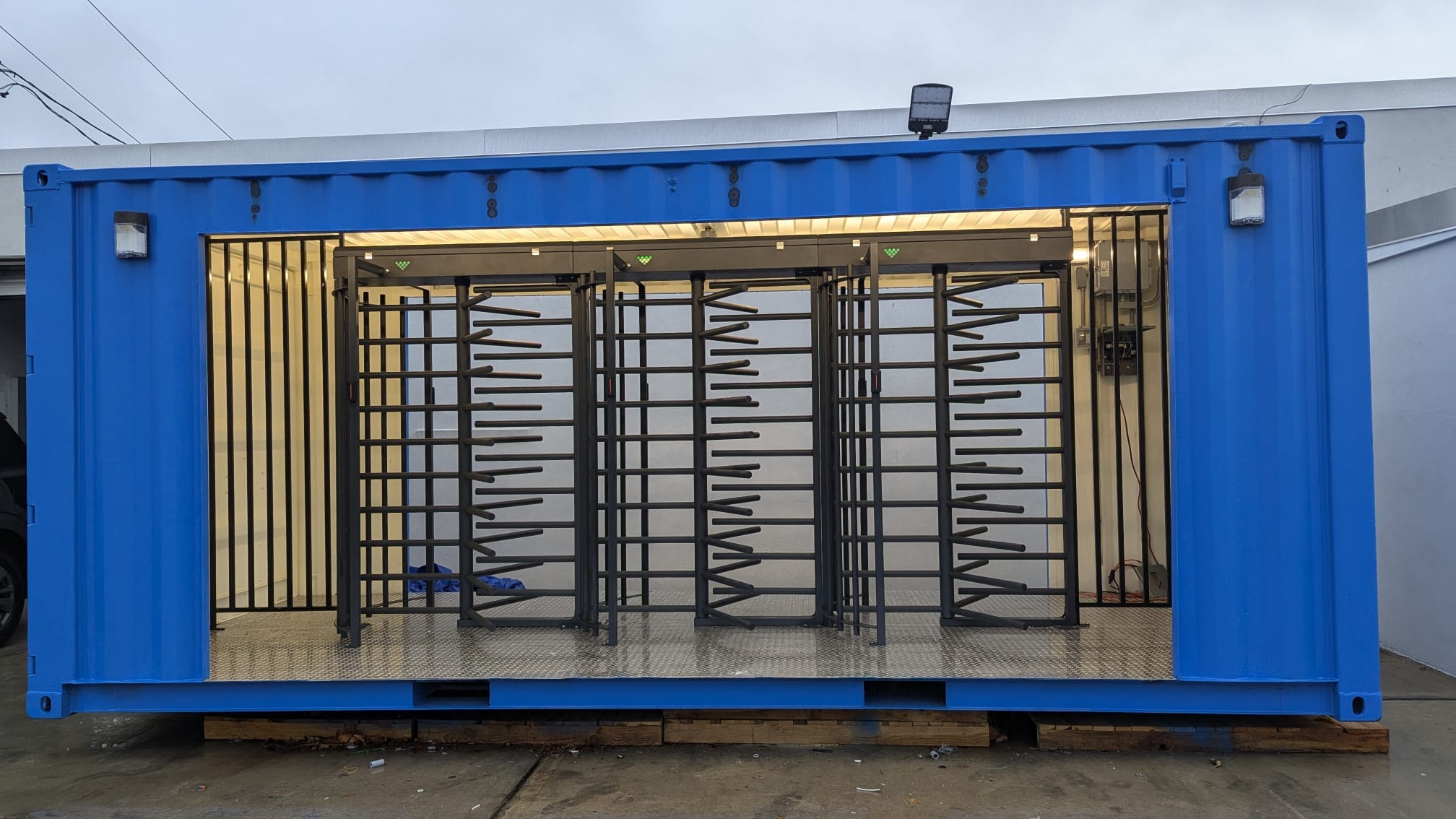Access Control in Smart Cities: Building Safer and Smarter Urban Spaces
Smart cities are designed to make urban life safer, more efficient, and more sustainable. A key part of this vision is access control — ensuring that people and vehicles move seamlessly while keeping sensitive areas secure.
This article explores how access control fits into the broader smart city ecosystem and what the future of urban security will look like.
Access Control as the Foundation of Smart Cities
Secure but Seamless Mobility
Smart cities require security systems that protect without slowing people down. Turnstiles, barriers, and gates must integrate with digital IDs, mobile apps, and public infrastructure.
Data-Driven Management
Access control systems generate valuable data on how people move. In a smart city, this data helps with traffic management, crowd safety, and urban planning.
Role of Turnstiles and Barriers in Smart Cities
Turnstiles for Pedestrian Flow
-
Deployed in metro stations, stadiums, and government buildings
-
Integrated with biometric or mobile credentials
-
Provide real-time occupancy monitoring
Barriers for Vehicle Control
-
Arm barriers and bollards regulate traffic into restricted zones
-
Rising bollards protect pedestrian-only areas
-
Crash-rated solutions secure high-risk government or financial districts
Integration with Smart City Technology
Mobile IDs and Digital Wallets
Access credentials stored in smartphones or wearables will replace cards and paper tickets.
IoT Connectivity
Turnstiles and barriers will connect to IoT networks, sharing data with traffic lights, CCTV, and emergency services.
AI and Predictive Security
AI will analyze access data to predict congestion, detect anomalies, and prevent risks before they happen.
Benefits of Access Control in Smart Cities
Safety
Protects public infrastructure, transport hubs, and event venues.
Efficiency
Speeds up entry to public transport and secure zones with contactless, automated systems.
Sustainability
Optimized access and traffic flow reduce congestion and emissions.
Citizen Experience
Smooth, fast, and secure movement creates more livable cities.
Global Examples of Smart City Access Control
Singapore
Integrated biometric access across airports, government buildings, and public transport.
Dubai
Smart gates at airports using facial recognition for seamless passenger flow.
European Cities
Pedestrian zones secured with bollards and rising barriers integrated with traffic management systems.
FAQ: Access Control in Smart Cities
Will smart cities replace traditional access cards?
Yes, digital IDs and biometrics are becoming the new standard.
How does access control support sustainability?
By optimizing pedestrian and vehicle movement, it reduces congestion and energy use.
Are smart city access systems vulnerable to cyberattacks?
Yes, which is why cybersecurity is as important as physical hardware.
Why Choose TurnIQ?
TurnIQ’s solutions — from TitanX full-height turnstiles to Titan Arm barriers and bollards — are designed for seamless integration into smart city ecosystems. We help cities and facilities combine security, efficiency, and data intelligence.
Want to explore access control for future-ready cities? Contact TurnI for a consultation.
Conclusion
In smart cities, access control is more than security hardware — it is a data-driven, connected system that makes urban spaces safer, more efficient, and more sustainable. As cities evolve, turnstiles, barriers, and biometrics will be at the heart of safer, smarter living.





